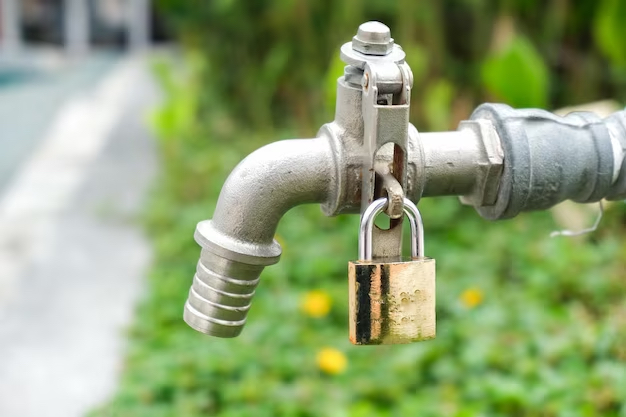Vitens Evides International (VEI), a Dutch water utility company, has assured Bulawayo residents that its proposed framework for managing the city’s water and sanitation services will not involve privatisation.
The clarification came during a Water Financing Indaba organised by the Matabeleland Institute for Human Rights (MIHR) and the Bulawayo Water Assembly (BUWA) on Wednesday.
The meeting brought together Bulawayo Town Clerk Christopher Dube, councillors, experts, and residents to discuss the utility’s structure and objectives.
VEI Project Manager Robson Manatsa said the proposed utility will remain a public entity fully owned by the local authority.
“The utility we are advising the City of Bulawayo to form is not privatisation. It will be a public entity, wholly owned by the council, with no provision for shareholder dilution. Residents should not fear that a private entity will take over Bulawayo’s water supply,” said Manatsa.
He addressed concerns stemming from earlier misconceptions, clarifying that the council’s resolution does not include private sector involvement.
“I’ve heard in the press that the City Council plans to privatise water services. That is incorrect. The council resolution we have states that the utility will be owned by the council,” Manatsa said.
He explained that in early 2024, the City Council resolved to restructure its water management departments, creating a streamlined system aimed at improving sustainability and service delivery.
“The goal of the public entity is to ensure sustainability and enhance service delivery. From the outside, the City of Bulawayo will still appear as the provider of water, but within its setup, there will be a corporatised unit managing water supply. This structure will still be fully integrated into the council’s operations and finances,” Manatsa elaborated.
He added that the utility’s financial performance would be transparent, reflected in the council’s consolidated financial statements.
“If the utility generates $1 million, for example, that will be reflected in the city’s finances. Since it’s 100% owned by the council, residents will still hold their councillors and mayor accountable for water-related issues,” he said.
Manatsa reassured residents that the restructuring would not lead to higher tariffs.
“Our expectation is to become more efficient, potentially even lowering costs over time. Based on our analysis, it’s feasible to set up a financially viable utility without increasing current tariffs,” he assured.
He encouraged residents to provide input during the ongoing planning process, which involves collaboration with experts to ensure the model is financially viable for both the city and its residents.
“We are engaging experts and seeking your input because we recognize the concerns about such projects. Before the city approves this plan, we aim to ensure it is financially sustainable for everyone involved,” Manatsa said.
He added that VEI had developed a live model to help the city and the utility maintain financial feasibility.
“This is a journey, but we’ve seen that it’s possible to achieve financial viability without burdening residents. The utility will be designed to serve the people of Bulawayo efficiently and affordably,” he concluded.

